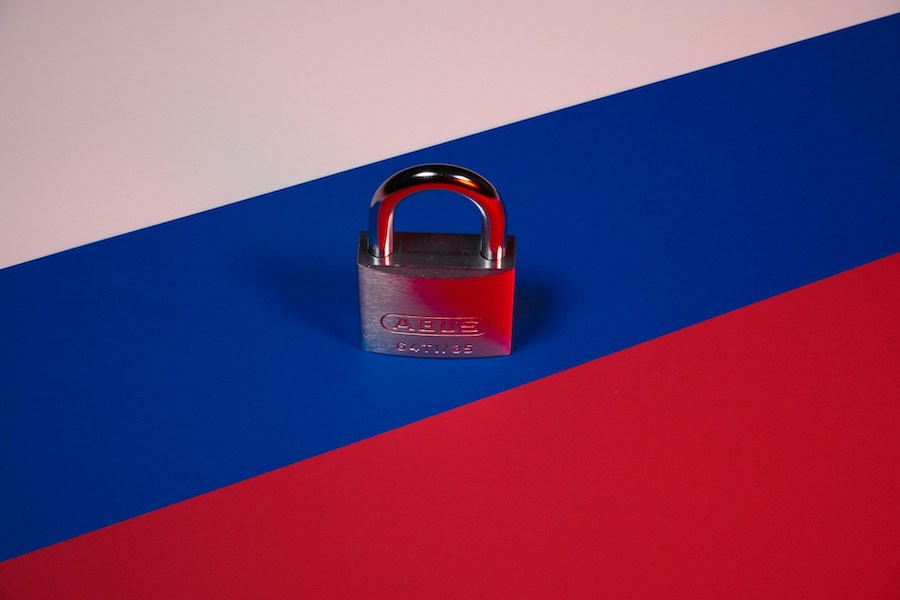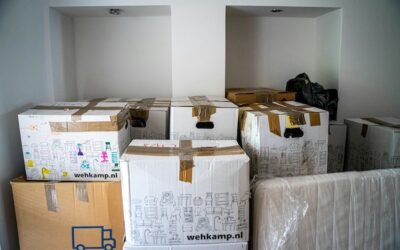What awaits Russian science under sanctions
At the author’s request, the name is not published
Photo: Those most affected by the sanctions were more mobile scientists and young researchers, as well as leading research institutes and universities. Photo by FlyD on Unsplash
Historical Retrospective
In global historical perspective, restrictions placed on the sciences are rare. The idea predominates that science unites countries even in the most politically challenging times. Russian science, however, has become one of the few exceptions.
Looking at other countries in which the sciences have long been under sanctions, we can see that the negative effects intensify over time.
- In Sudan, 7% of surveyed scientists who worked under sanctions for over 20 years noted a significant deterioration in the conditions for scientific work.
- The same was true in Iran: during the period of increased sanctions, research slowed down and was less effective.
Another contributing factor was the fact that in response to the sanctions, new restrictions were imposed within the country that became just as much of an obstacle to productive scientific work.
Russian sciences have been feeling the pressure of an unprecedented number of direct and indirect sanctions. In contrast to Russia, Iran—in its 45-year history of sanctions—was never disconnected from the Web of Science and Scopus databases. Only four Iranian universities directly associated with the Department of Defense were included on the OFAC Specially Designated Nationals List (SDN).
Meanwhile, the number of Russian universities and scientific organizations included on the SDN list is constantly growing.
Russia: What Assessments Show
According to 2022 estimates, the sanctions imposed on Russian sciences came down particularly hard on the natural, technical, and medical sciences. 22-25% of scientists surveyed in these disciplines feared that they would not be able to continue their research and 45% reported complications with their work.
Most painful were the material restrictions associated with economic sanctions (loss of access to modern equipment and chemicals, software, services, etc.). This being said, the sample was biased toward researchers in the natural sciences, for whom access to materials plays a greater role.
Almost a quarter of respondents reported that the termination or suspension of international scientific cooperation did not affect them in any way. For nearly another quarter, breaking ties had an insignificant effect. These positions represented the average sentiment in Russian science.
In addition to their field of research, the degree to which the sanctions impacted scientists should logically be related to their professional level and the degree of their involvement in international projects. It can be assumed that sanctions primarily hit productive, mobile scientists involved in international cooperation. This also affects their international partners.
This is confirmed by the experience of those working at international megascience facilities. The cessation of cooperation at these scientific sites impacted not only Russian scientists and scientific groups, but also those teams in which Russian researchers had participated. It is no coincidence that scientists from DESY and CERN wrote an open letter asking for an end to sanctions against Russian scientists engaged in fundamental research at megascience-level facilities.
Likewise, Russian scientists have not been the only ones affected in situations where international research was being conducted in region-specific disciplines (geography, geopolitics, environmental studies, etc.). A survey of French scientists conducted at the end of 2022 and beginning of 2023 shows that both sides suffer, and the search for acceptable solutions or new partners is not so easy. French scientists were ready to look for workarounds, for example, communicating with Russian colleagues when they leave Russia for other countries. However, these circumstances posed additional difficulties and obstacles, both emotional and material.
In addition, according to the testimony of their French colleagues, some Russian scientists became afraid to maintain contact and ceased their correspondence. This was why the idea voiced by many at the beginning of 2022 that although cooperation on an institutional level had ended, it could continue at the individual level, proved poorly implemented in practice.
The Experience of Productive Scientists
We attempted to examine a narrower cross-section of the Russian scientific community—highly productive scientists—and determine what restrictions they have felt. These specialists are our main hope for preserving and developing Russian sciences in isolation. If they leave science or emigrate, the consequences will be the most severe, since the “core” and guidelines for the others will be lost.
We identified “highly productive” scientists using percentiles in the Russian Science Citation Index (RSCI). A percentile is assigned to researchers who have had at least one publication in the RSCI over the past 5 years. Essentially, this is a rating with positions from 1 to 100, where “1” is assigned to authors with the highest rates of publication activity.
We selected respondents in the first through fifth percentiles in the core RSCI. The survey was conducted in 2022 and the total sample size was 1,967 people, with a bias toward the social sciences and humanities. This may be a consequence of the fact that the assessment was carried out on the basis of the RSCI: representatives of the social sciences and humanities are more focused on national journals and monographs, which are what is primarily represented in this database. Leading experts in the field of natural sciences prefer to publish in international journals or place their work in open repositories (for example, arXiv).
According to the data, three-quarters of highly productive scientists encountered some kind of restriction. A large share of them suffered from reduced access to
- digital resources and libraries (57.5%)
- chemical reagents and materials (51.6%)
- foreign software, equipment and databases (48.1%)
In addition:
- A third (32.3%) had applications to publish articles in foreign journals rejected and/or foreign internships canceled (31.5%)
- One in five had foreign colleagues refuse to co-author a publication with them (20.7%)
- Nearly as many (18.8%) had applications to participate in international scientific events rejected
- 2% of respondents were excluded from joint research projects with foreign colleagues
- 6% lost membership of an editorial board, professional association or expert panel.
In addition to external constraints, high-performing scientists also described internal problems within their organizations. In particular, in the comments sections of their surveys, they noted that they face
- internal orders limiting contacts with foreign colleagues from “unfriendly” countries, including a ban on publishing in foreign publications
- cancellations of many business trips abroad
- new censorship measures
- and even bans on communication with foreign colleagues
As a result, some respondents ceased cooperation of their own volition and abandoned all international projects. This result correlates with the findings from the survey of French researchers and is confirmed by expert opinions that cooperation with “unfriendly” countries is not welcomed and scientists are afraid to maintain personal ties.
Material Problems vs. Exclusion from Global Science
The main finding of the survey of highly productive scientists was that the impact of economic sanctions was mentioned significantly more than various forms of exclusion from global science. While 72.8% of respondents felt restrictions on access to material, technical, and informational resources, only 56.3% of respondents felt the effects of severing their international ties.
This may be explained by the fact that in general, international involvement in the social and humanitarian sciences is lower than in the natural sciences. Moreover, it is easier for these scientists to continue cooperation on an individual basis due to their less frequent participation in broad scientific collaborations.
In our survey, the most affected subgroups were more mobile scientists and young researchers, as well as leading research institutes and universities. These were the organizations that historically had the resources to expand international cooperation, create international laboratories, and invite foreign teachers and researchers.
All this suggests that the sanctions are achieving their goal, because young and energetic researchers can leave the sciences, move away, and construct a different life for themselves. This blow to strong organizations weakens the potential of Russian science.
The material consequences of sanctions may decrease in the future, as different methods of compensating for these consequences are already popping up (for example, switching equipment suppliers). But it is difficult to compensate for the breakdown of ties with advanced scientific institutions, even by expanding cooperation with China and India. Therefore, the restriction of international cooperation is what may cause the most significant damage over time.
* * *
Our research, along with the survey of French scientists, revealed one significant trend.
On the Russian side, not all scientists are ready to continue their relationships at the individual level, and on the side of foreign partners, replacements for Russian colleagues are gradually being found. Therefore, over time, the need for renewed cooperation will be lost, causing Russian scientists to fall into obscurity.
The transition from confrontation to obscurity will be a serious challenge for Russian science. Apathy, as we know, is worse than hate.





0 Comments